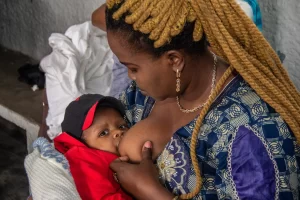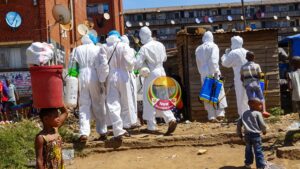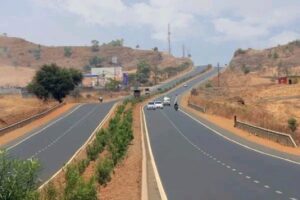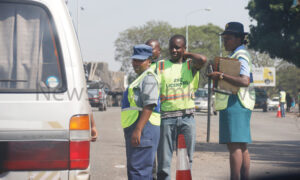CLAIM: Harare City Council does not build dams: Harare Mayor Jacob Mafume
SOURCE: Newsday Newspaper
VERDICT: True
On August 2, 2022, the NewsDay ran an article headlined HCC does not build dams: Mafume.
The article went on to quote the Harare City Council Mayor, Jacob Mafume, saying, : “Blaming City Council is ridiculous. Zimbabwe National Water Authority through the President is in charge of all water and rivers (and) underground (water) in Zimbabwe, and that is what the law in relation to water says. We cannot blame the city council for the failure of building dams. When we had the duty to build dams, we built Lake Chivero. Since then they have not built any dam and the last dam that was built for Harare was in 1976. Greater Harare is now catering for four million people who have no water source.”
This was in response to a tweet from @mhofela_mhofu.
ZINWA or Councils?
Chivero is the main supply source for the City of Harare. Construction of Lake Chivero dam started in 1950 and was completed in 1952.
Harare City is also supplied by Manyame which was built from 1973 to 1976.
While the Harare City Council has the responsibility to supply clean water to residents, the central government is responsible for constructing dams to provide water for cities.
The functions of the Zimbabwe National Water Authority (ZINWA) are spelt out in Section 5 of the ZINWA Act. One of its main functions is to “provide water to the nation in a cost effective manner” and to design,construct and maintain medium to large size dams and water supplies to satisfy present and future water requirements.
Over and above the Constitution, water provision mainly falls under two pieces of legislation, the Water Act and Zinwa Act.
The Water Act (1998) established seven Catchment Councils (representing water users in a river system), and ZINWA’s responsibility for water resources planning, development and management, and provision of bulk water.
ZINWA and the Catchment Councils are responsible for preparation of Outline Plans to consult with authorities and bodies concerned with development and utilization of water resources, draw up an inventory of resources of the catchment, and indicate priorities for the use of water, the allocation of water between different sectors, permissible levels of pollution, and phasing of development.
The Water Act also sets out the provisions for use of water for primary purposes through construction of water storage works and boreholes. The Catchment Manager is advised by the Catchment Councils, and is an employee of ZINWA.
The ZINWA Act (1998) sets ZINWA’s responsibility for provision of potable water to about 500 stations; essentially local authorities and government institutions that are not able to provide their own services.
ZINWA currently manages water supply for over 500 stations spread across seven catchments. Many of these serve smaller, poorer towns where capacity of local authorities is weak.
Harare and Bulawayo’s Dams
Zimbabwe’s two main cities have been largely using dams constructed by its councils before the mandate on who builds dams changed.
It should be noted that the water act as amended in 1976 provided for central government to be responsible for raw water sources for local authorities.
Before the amendment, Harare city had built one dam Chivero, and Bulawayo, five dams, taking into consideration future growth and demand.
Manyame was built by the Rhodesian government in 1976.
The dams built by the city of Bulawayo before the amendment of the water act are Lower Ncema (1943) and upper Ncema (1974), Inyankuni (1965), Umzingwane (1956) and Insiza (1975).
Since independence in 1980, Bulawayo’s water supply has been increased with the construction of Mtshabezi Dam.
The two cities of Harare and Bulawayo are struggling with water shortages expected to be eased with the completion of two dam projects: Kunzvi and Gwayi-Shangani.
Conclusion
It is true that Harare City Council does not build dams. It is only responsible for treating water and getting it into residents’s taps. All water in the country belongs to the President who manages it through Zinwa. And it is Zinwa that is responsible for supplying all raw water to local authorities.











